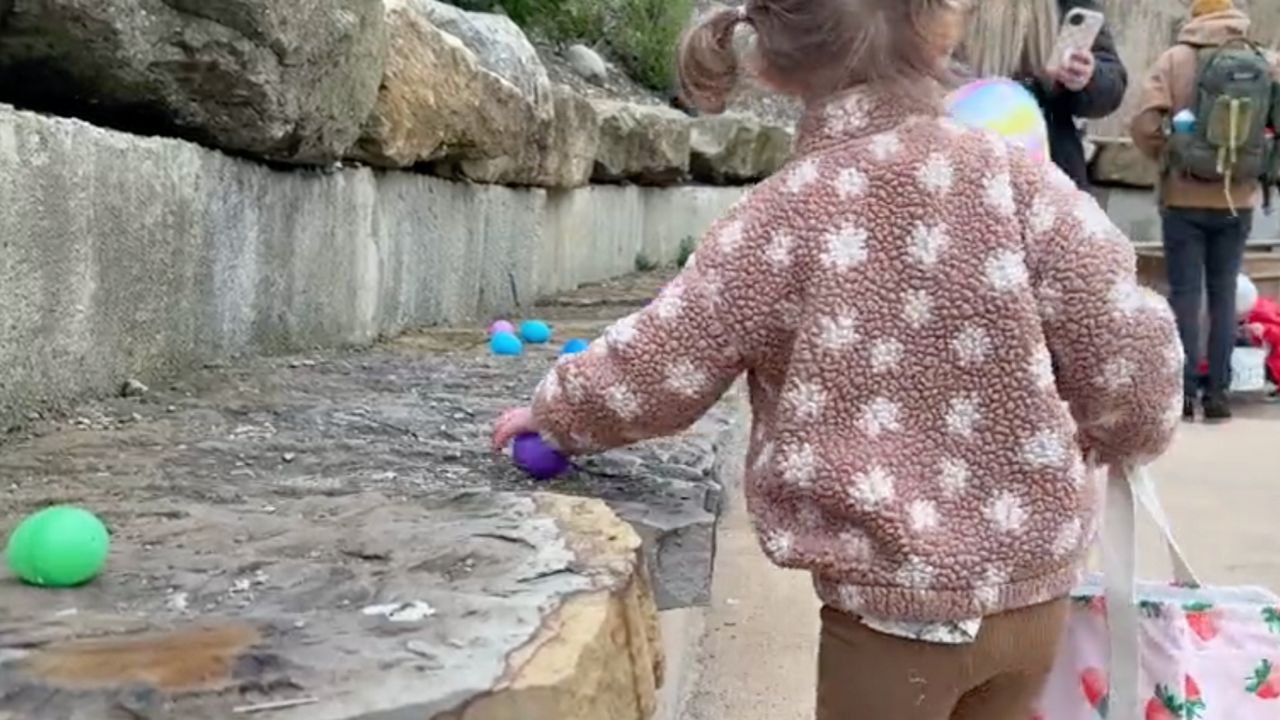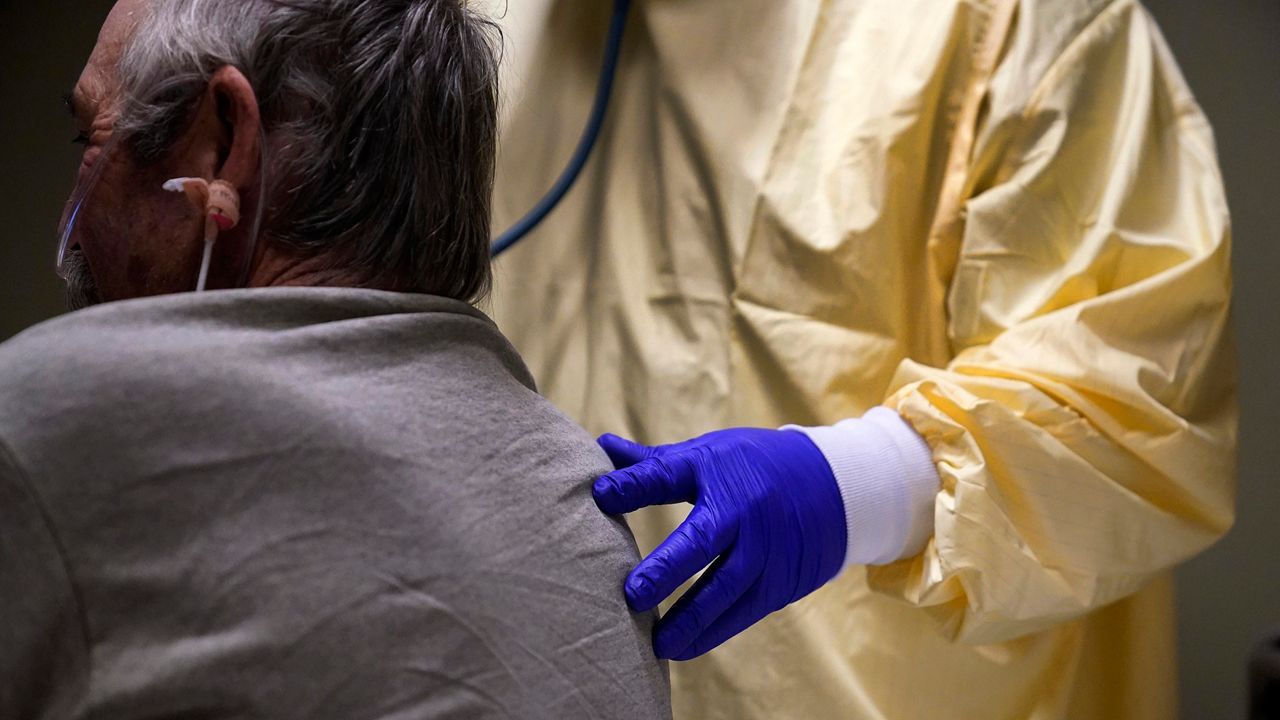COLUMBUS, Ohio — Health, human services and equity are top of mind for Columbus City Council and the Department of Development.
That is why the council is investing millions of dollars in the Department of Development’s Elevate! 2.0 program, which is an initiative that affects nonprofit social service agencies. Elevate! 2.0 is all about elevating the community, investing in nonprofit organizations that serve Columbus and promote equity within human infrastructure.
“We all have a role to play in helping to do this work,” said Melissa Green, a member of the Columbus City Council, who also serves as the chair of the Health, Human Services and Equity Committee.
Green said people need to realize the importance of the work that’s done by nonprofit organizations.
“Historically, I think the work that our nonprofits are doing has been seen more as charity or philanthropy, right?” said Green. “But these are essential city services. Our human service contractors are providing essential city services to the people in our community who need them the most.”
The Elevate! program is a part of Columbus Mayor Andrew Ginther’s Opportunity Rising program, an initiative that focuses on a range of problems the city is trying to solve. Those issues include helping those who are homeless, building financial security, and reducing crime.
“Really, a focus on violence prevention, homelessness, neighborhood building, all of those very basic needs that are essential in order to help our most vulnerable residents thrive in our community,” said Hannah Jones, deputy director of the Department of Development.
The first cohort, Elevate! 1.0, was approved by the city council in 2019. Earlier this week, Elevate! 2.0 was approved by the city council to be the second cohort of nonprofit organizations to benefit from the $5 million in grant money from the city. The nonprofits that are chosen for the Elevate! grant can be funded for up to three years.
“We really provide flexible capacity-building support,” said Jones. “So not specifically to a project or program, but providing low barrier funding that allows them to fulfill their mission and really bring services to Franklin County residents.”
Identifying gaps in human equity and strategically bridging those gaps is the motivation behind starting this program five years ago, and according to city council members, the need for this kind of help is only going to grow.










